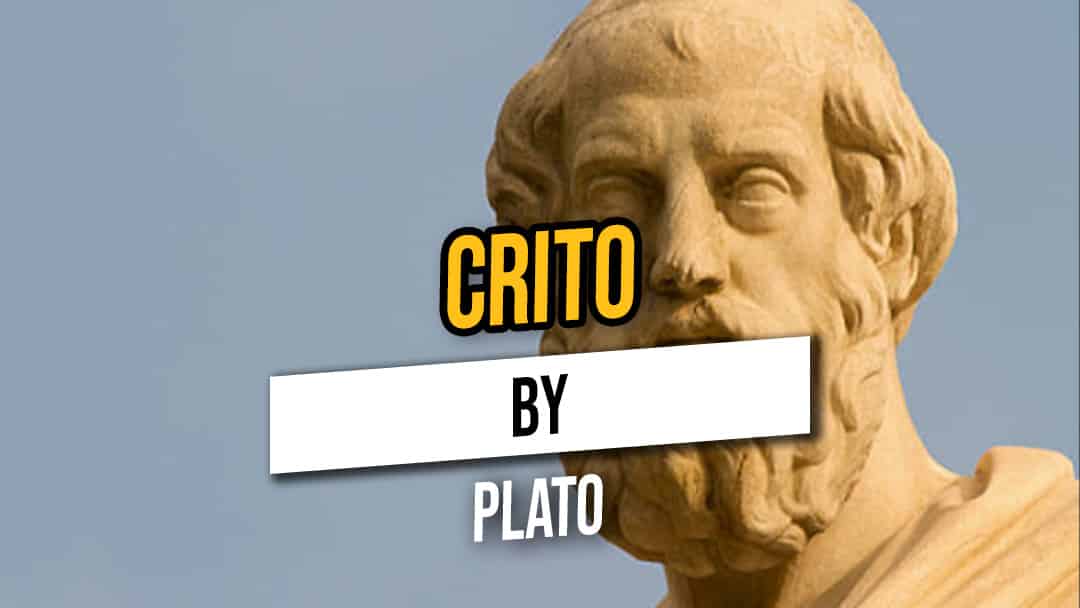
11 Jul Crito by Plato
Crito is a play, a dialogue really, between Socrates and his friend Crito. It focuses on death, justice, and the
appropriate response to one’s circumstances. While their conversation doesn’t reveal what Socrates did which
resulted in his incarceration and subsequent death sentence, it does highlight his commitment to morals and the
laws of the State in which he lived his life.
Socrates’ friend Crito visits him in prison and tries to convince him to escape and start over in a different city,
Thessaly. Socrates aims to answer the question, would it be right if he escaped? His friends are attempting to
answer this for him, to convince him to make a decision they deem in his best interest. Socrates postulates that
escaping from prison isn’t right for anyone to do, therefore, why would he feel it is fair for him to do so? If the
laws of Athens, and in this case the subsequent punishment, ‘injured’ Socrates, he questions if that creates any
right for him to violate those same laws. Laws he has lived under his whole life, and which have benefited him.
Another Socrates tale I recently read was how he would spend time searching out citizens of Athens from whom
he had differing opinions. Instead of imposing his views on them, he would seek to understand their perspective
while never resorting to anger when they found no common ground. In this regard, he exudes honor and
tranquility. Keeping an open mind, never pushing his will on to others, and being a virtuous man.
The play is a timeless reminder that while we may not know every law of any country we reside in, we’re bound
by all of those laws when we choose to live here, as well as our own morals.

